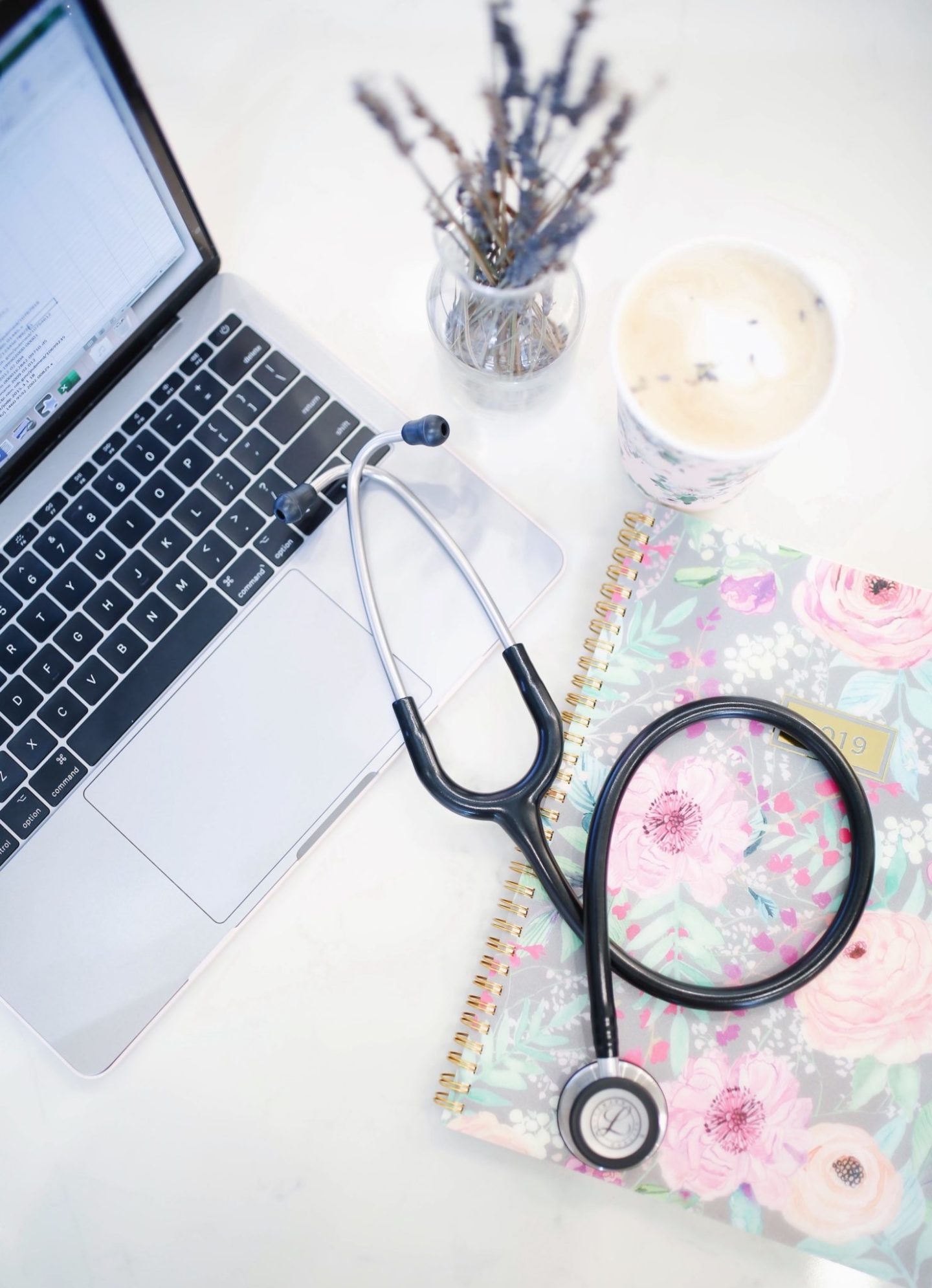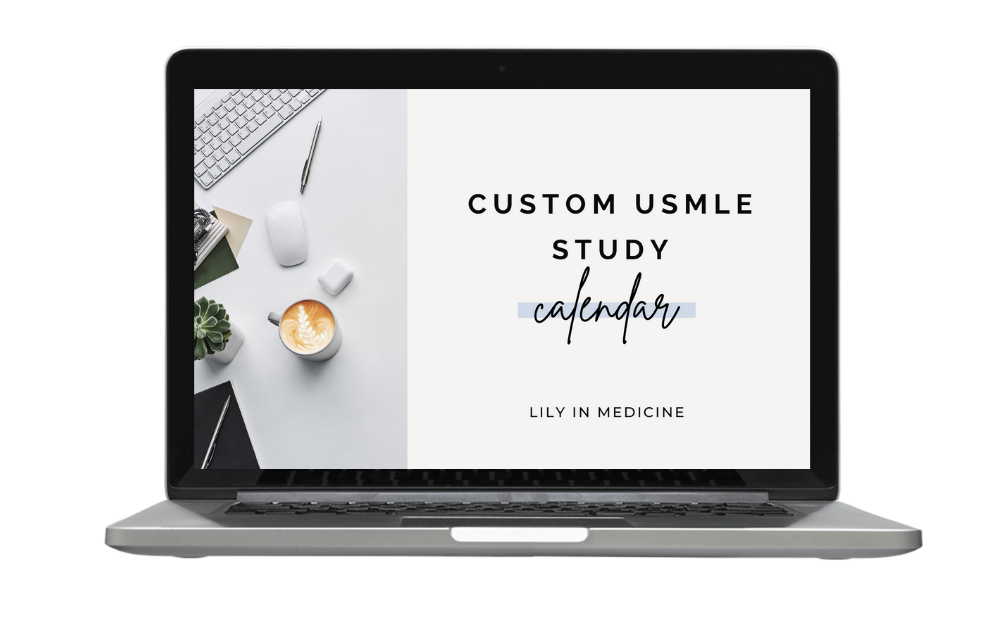
For those not familiar, the USMLE Step 1 exam is the most important exam we take in medical school. Our scores determine our options in both the residency program and specialty choices. It is an 8-hour exam which consists of seven 1-hour blocks of 40 questions. Everyone’s Step 1 experience is different. Some people leave the exam feeling pretty good and others leave feeling as though they’ve failed. I was the latter. Here are my test day thoughts!
Before the exam…
Logistically, everything went smoothly. Of note, checking into the testing room is certainly a process. Each time you enter, you have to roll up your sleeves and pant legs, flip your pockets inside out, get scanned by a metal detector, verify your ID, have your fingerprints taken and sign your name. My two cents, be mindful of the few minutes this process will add to your break time!
The exam…
- Block 1: As expected, most of the questions in this block (and exam) were on organ system pathology. These questions were very similar to Uworld (long question stems, required third to fourth-ordered logic). I also had a handful of tough physiology questions (the up/down arrows ones!) which were similar to the NBMEs. Overall, this first section was dense in anatomy and included lots of imaging studies (MRIs/CTs/USs). These anatomy questions were much more complicated than the ones from my practice exams. I honestly guessed on many of these! /: Sprinkled in between the pathology questions were questions on basic microbiology, biochemistry of metabolism, and medical ethics. I marked about 10+ questions this block and almost ran out of time. This was my worse section for sure!!
- Block 2-3: These blocks, although still really tough, were not as bad as the first. I had many behavioral science questions (more than I was expecting) which were fairly straightforward. There were also a few easy biostats questions that tested knowledge of terminology and concepts, instead of equations. I also had about 2-3 very random pathology questions which tested diseases I’ve never even heard of before! Overall, my time management was better. I finished with a few extra minutes and reviewed my marked questions (still about 10+). I’m not sure that reviewing my marked questions even helped since I still couldn’t figure out the answers and had to guess!
- Block 4: This one felt slightly ‘easier.’ I was had many first-ordered questions on micro, immuno, and path (i.e. first 3 chapters of pathoma, know these!!). I marked about 10ish questions here and had time to review them.
~Lunch break!~
- Block 5-6: I’m not sure if I was mentally more after prepared for these two blocks, but they felt better than the previous ones. Questions were less random and more representative of the practice exams I had taken. Again, I was surprised by the number of behavioral science questions I was getting (lots of ethical scenarios). Overall, I felt pretty alright about these blocks. I marked about 7-8 questions and finished about 10 minutes early. As with my previous block, I had time to review my marked questions which didn’t really help because I still didn’t know the answers! I just tried to not change my answers!
- Block 7: Fatigue hit me hard this block. I had a tough time staying focused but powered through. It also didn’t help that this block was super difficult! I had lots of random anatomy questions and complex path/physio questions. It was very similar to my first block. I still finished early with time to review, but did not feel good about this block at all!
Closing thoughts:
Like I’ve said throughout this post, I did not feel good about Step 1. I guessed on and marked many more questions than I usually did on practice exams. I was also guessing between more than two answer choices! Thankfully, it ended up working out okay. So, know that even if you felt like this, it doesn’t mean you failed!
Also, after reviewing my score report (which provides a breakdown of the # of questions per subject), I found out that anatomy consisted of 11-15% of my exam. Although I felt like my test was very anatomy heavy, this was likely a personal bias since I was weak in it.
Lastly, I didn’t find this out until after the exam, but keep in mind that some of the test questions are ‘experimental.’ Some resources state that up to 1/4 to 1/3 of the exam is experimental. If I had known this, I probably would not have spent so much time on the ridiculously random/difficult questions. If you get a super crazy question, don’t spend too much time on it. Take your best guess, mark it and move on!
I want to hear about your experience! Did you have a similar or completely different experience? Leave me a comment!
